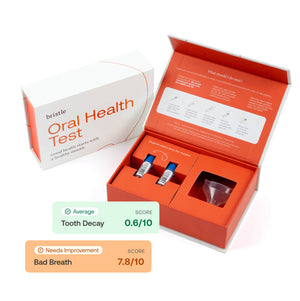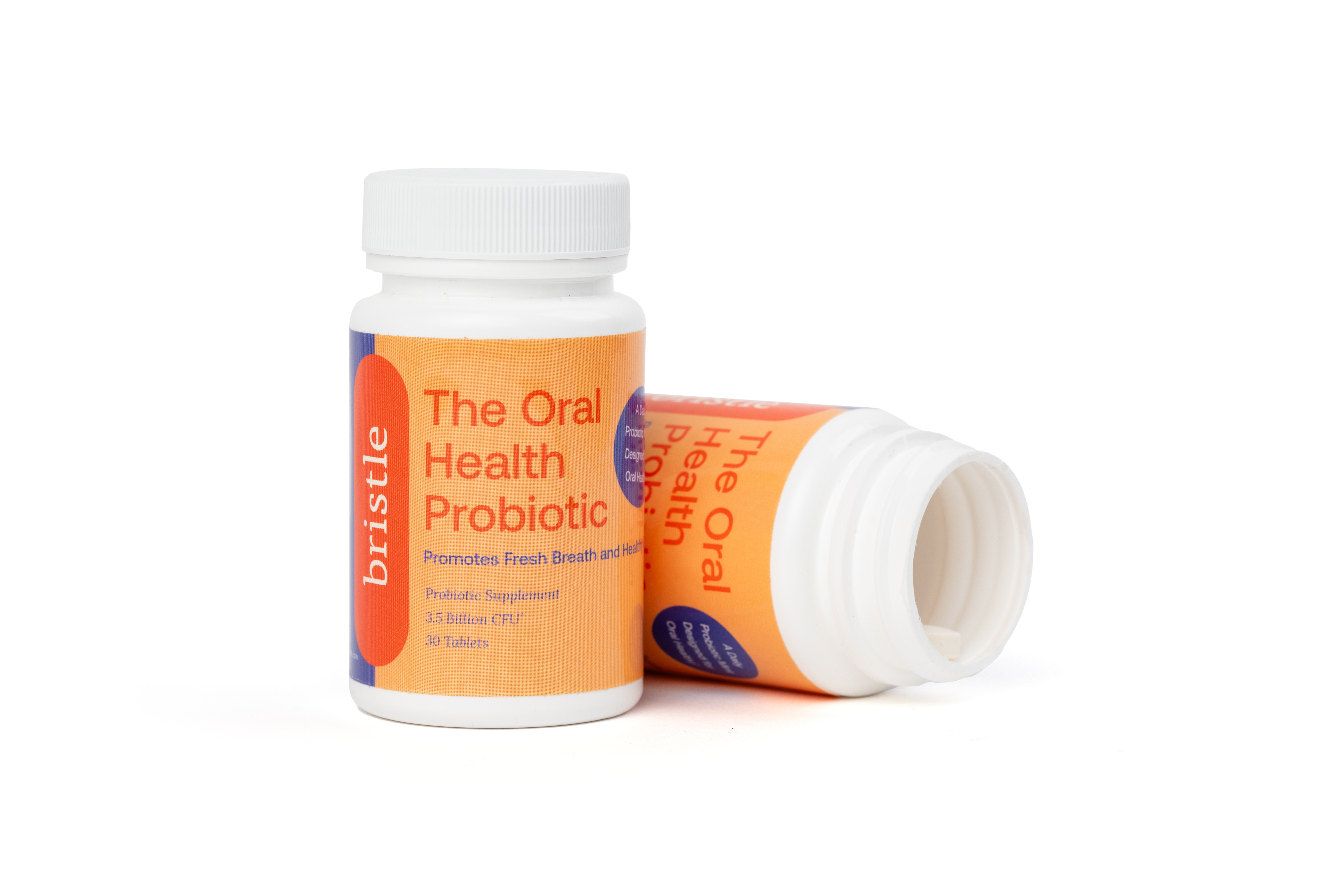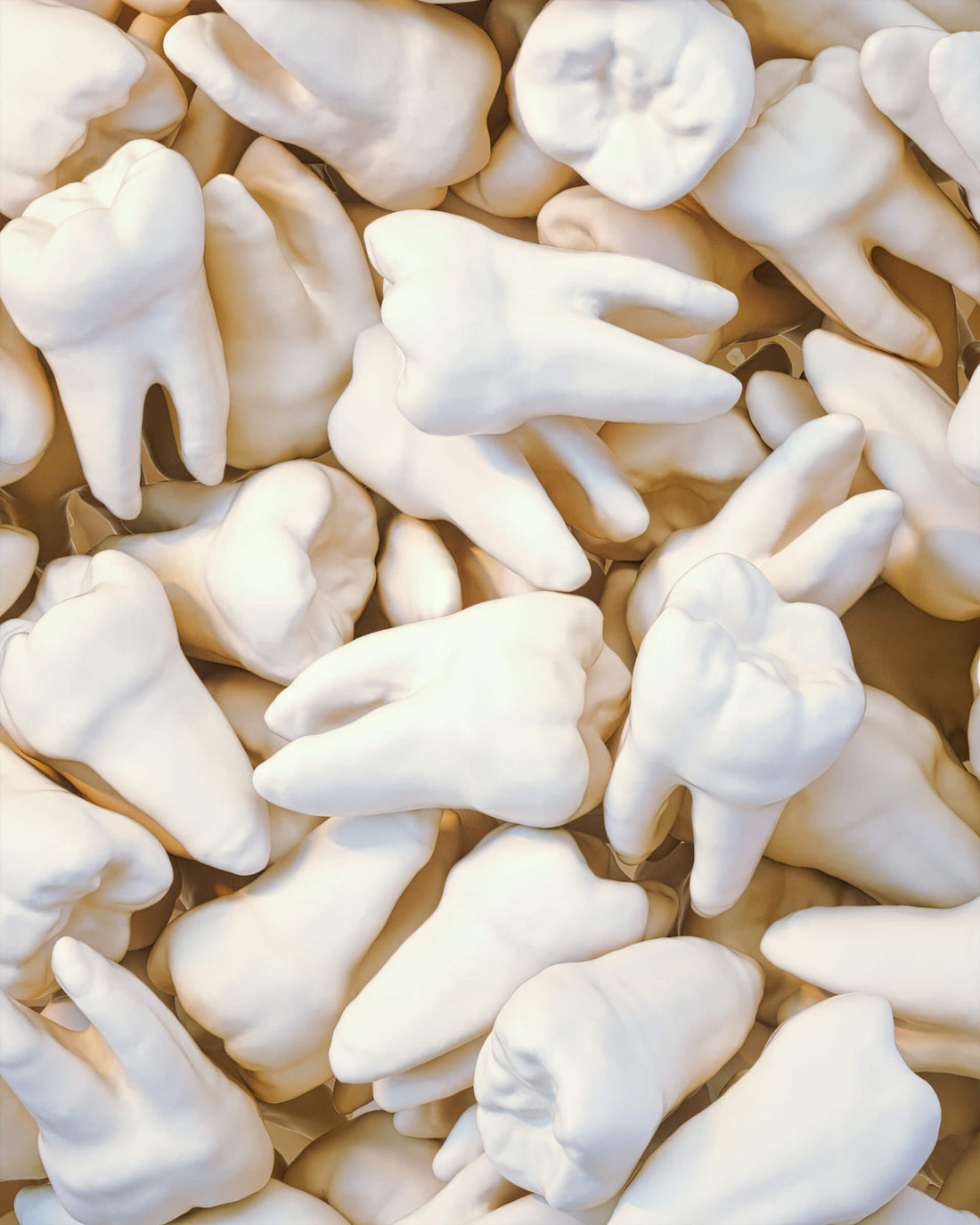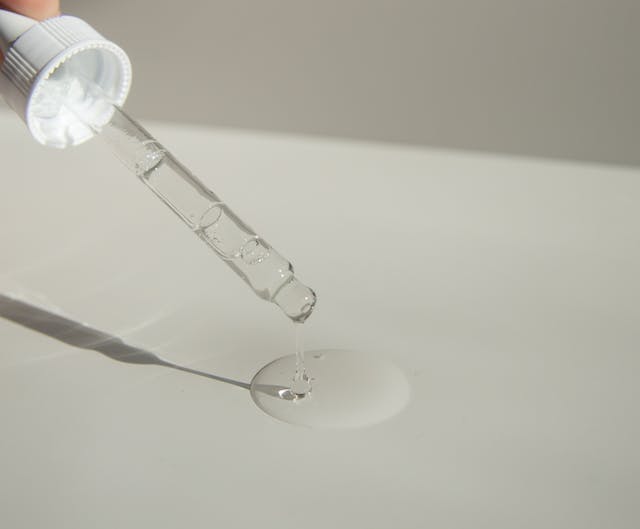In this article we’ll cover whether cavities cause bad breath, and what you can do about it.
Note: Not all bad breath is the same! Dozens to hundreds of different bacterial species live in the mouth, and each mouth is different! The community of bacteria in the mouth are referred to as the oral microbiome. Every oral microbiome is different, and contributes to risk of oral disease such as cavities, gum disease, and bad breath.
What causes bad breath?
Bad breath, or halitosis, is caused by specific bacterial species in your mouth. These bacteria are part of the community of organisms that live in your mouth called the oral microbiome, which includes bacteria, fungi, and viruses. 90+% of all cases of halitosis come from within the mouth, and fewer than 10% of cases are extra-oral or considered pseudo-halitosis.
The bacteria in the mouth create smelly volatile sulfur compounds and volatile organic compounds, like hydrogen sulfide, putrescine, and propionic acid, that cause bad breath. These bacteria are typically anaerobic, and grow in the absence of oxygen. Typically, they are found in biofilms all around the mouth including at the gum line and on the back of the tongue. Biofilms that grow on teeth are also called dental plaque.
These odor-causing bacteria also grow on the tongue, where they grow back each day. This buildup of bacteria leads to high levels of foul smelling compounds, and bad breath. Bad morning breath is typically caused by overgrowth of these odor-causing bacteria overnight.
Bad breath is often an early warning sign of other oral disease like gum disease. People who suffer from tonsil stones may also experience persistent bad breath.
What causes cavities?
Cavities, also known as tooth decay, are mainly caused by harmful bacteria that are acidogenic, meaning that they ferment sugar and create acid. Acid decreases the pH, which erodes enamel on your teeth. Some of the species that cause cavities are Streptococcus mutans, Streptococcus sobrinus, Bifidobacterium dentium, and some Lactobacillus species. These bacteria are part of the oral microbiome, and are very common species in the mouth. The risk of caries is tightly correlated with the levels of these acidogenic bacteria.
These bacteria create acid by fermenting sugar in your saliva, which is why diet is such a key component of prevent cavities. Simple sugars, like fructose and sucrose, are much easier to ferment than complex carbohydrates, such as amylose. This fermentation of sugar by bacteria leads to the production of acid as a byproduct. These acids erode enamel on the teeth, and if left to progress further, will erode dentin, which is deeper in the tooth. Tooth decay is entirely avoidable through simple changes in diet, like reducing sugary food intake.
Do cavities cause bad breath?
Bad breath is highly correlated with cavities. Multiple studies have shown that people with cavities are more likely to suffer from halitosis. For example, in a study of 277 college students, researchers found that self-reported bad breath was significantly higher in people who reported recent dental caries, especially in males [1]. Additionally, the presence of cavities is typically caused by poor oral hygiene, which is an important factor in progression and severity of bad breath.
The bacteria that cause cavities can create an acidic environment that allows for bacteria that cause bad breath to thrive. As a cavity grows, the tooth decay can deepen, and create a new environment for other bacteria that cause bad breath to grow. These deep cavities are difficult to clean at home, causing an accumulation of bad breath causing bacteria over time.
In summary, cavities and bad breath are highly associated. Cavities are a sign of oral microbiome dysbiosis, and a sign of poor oral health and hygiene. Cavities can create an environment that harbors bacteria that cause bad breath.
Risk factors for bad breath and cavities
Here are some risk factors and health conditions that can affect your risk of cavities and bad breath
How can I prevent cavities?
You can read more about how to prevent cavities, and improve your oral microbiome here.
How can I cure bad breath?
Improving your oral microbiome is critical to reducing bad breath. Boosting beneficial bacteria can dramatically reduce halitosis. You can read more about how to permanently get rid of bad breath here.






